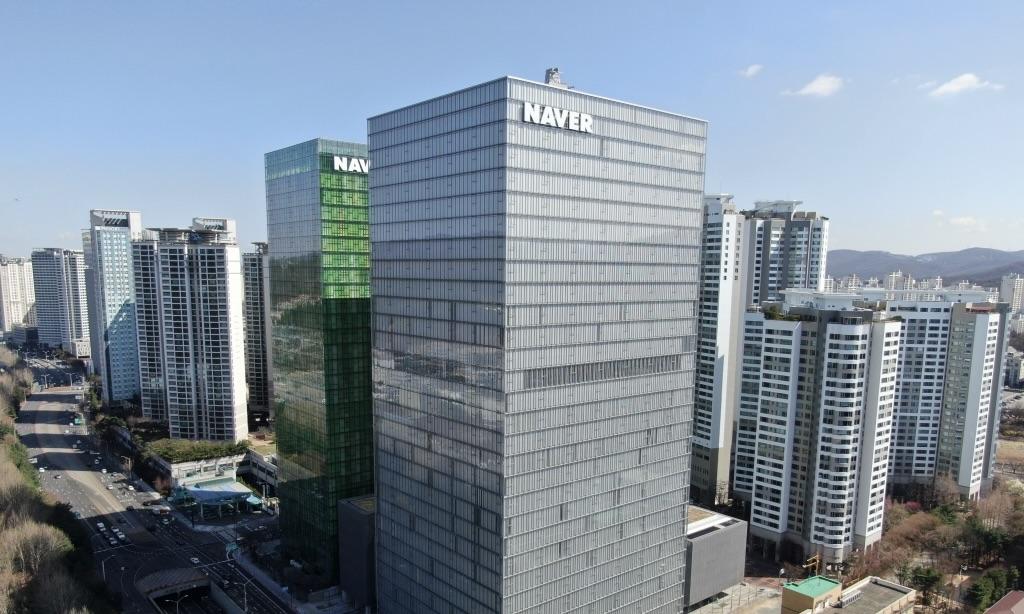Naver shares are taking a hit as AliExpress poses a significant threat to the e-commerce landscape. The Chinese platform's ultra-cheap sales strategy lures shoppers away from Naver's online retail platform, causing concern among industry analysts.
Naver Shares Under Pressure as Investor Concerns Rise
In recent weeks, investors have been facing mounting worries over the future of Naver. AliExpress's aggressive expansion plans in Korea have intensified these concerns. The once-stable shares of Korea's leading internet platform operator have seen a downward trend, reflecting the impact of AliExpress' growing influence.
Strategic Responses Considered
Korea Times reported that despite the decline in share prices, Naver is not sitting idle. The company has begun to implement strategic measures to bolster its competitive edge. These efforts include enhancing its user interface for a more seamless shopping experience, investing in AI to personalize customer interactions, and expanding logistics capabilities for faster delivery times.
Naver's response demonstrates its commitment to retaining its customer base and adapting to the challenges posed by global e-commerce giants like AliExpress.
Additionally, there are rumors that Naver is expanding its product range and exploring partnerships with local and international brands to increase its competitive edge. These moves aim to bolster Naver's appeal to consumers and retain its market share in an increasingly competitive e-commerce landscape.
Market Analysts' Perspective
The battle for dominance in the e-commerce market between Naver and AliExpress isn't just isolated to corporate maneuvers; it presents broader implications for the entire industry. Market analysts suggest that the pressure on Naver could lead to an all-out price war, a scenario that, while potentially beneficial for consumers, could squeeze profit margins for both giants.
Furthermore, some see this as a pivotal moment for the e-commerce sector in Korea, with the outcome potentially setting new standards for consumer expectations regarding price, delivery speed, and service quality. This situation exemplifies the dynamic nature of the digital marketplace, where innovation and strategic adaptation decide the victors.
Domestic counterparts such as Naver Shopping, Gmarket, 11Street, and Coupang are on high alert as Chinese e-commerce companies step up their efforts, Korea Joongang Daily noted last month. A significant amount of their total revenue comes from their open market platforms' sales and transaction volumes, so there are worries that a slowdown among local sellers could also affect those.
Photo: Samsung Newsroom



 Sony Q3 Profit Jumps on Gaming and Image Sensors, Full-Year Outlook Raised
Sony Q3 Profit Jumps on Gaming and Image Sensors, Full-Year Outlook Raised  Weight-Loss Drug Ads Take Over the Super Bowl as Pharma Embraces Direct-to-Consumer Marketing
Weight-Loss Drug Ads Take Over the Super Bowl as Pharma Embraces Direct-to-Consumer Marketing  Nvidia CEO Jensen Huang Says AI Investment Boom Is Just Beginning as NVDA Shares Surge
Nvidia CEO Jensen Huang Says AI Investment Boom Is Just Beginning as NVDA Shares Surge  SpaceX Prioritizes Moon Mission Before Mars as Starship Development Accelerates
SpaceX Prioritizes Moon Mission Before Mars as Starship Development Accelerates  Missouri Judge Dismisses Lawsuit Challenging Starbucks’ Diversity and Inclusion Policies
Missouri Judge Dismisses Lawsuit Challenging Starbucks’ Diversity and Inclusion Policies  OpenAI Expands Enterprise AI Strategy With Major Hiring Push Ahead of New Business Offering
OpenAI Expands Enterprise AI Strategy With Major Hiring Push Ahead of New Business Offering  Instagram Outage Disrupts Thousands of U.S. Users
Instagram Outage Disrupts Thousands of U.S. Users  Ford and Geely Explore Strategic Manufacturing Partnership in Europe
Ford and Geely Explore Strategic Manufacturing Partnership in Europe  Alphabet’s Massive AI Spending Surge Signals Confidence in Google’s Growth Engine
Alphabet’s Massive AI Spending Surge Signals Confidence in Google’s Growth Engine  Global PC Makers Eye Chinese Memory Chip Suppliers Amid Ongoing Supply Crunch
Global PC Makers Eye Chinese Memory Chip Suppliers Amid Ongoing Supply Crunch  Trump Backs Nexstar–Tegna Merger Amid Shifting U.S. Media Landscape
Trump Backs Nexstar–Tegna Merger Amid Shifting U.S. Media Landscape  Tencent Shares Slide After WeChat Restricts YuanBao AI Promotional Links
Tencent Shares Slide After WeChat Restricts YuanBao AI Promotional Links  Hims & Hers Halts Compounded Semaglutide Pill After FDA Warning
Hims & Hers Halts Compounded Semaglutide Pill After FDA Warning  American Airlines CEO to Meet Pilots Union Amid Storm Response and Financial Concerns
American Airlines CEO to Meet Pilots Union Amid Storm Response and Financial Concerns  Amazon Stock Rebounds After Earnings as $200B Capex Plan Sparks AI Spending Debate
Amazon Stock Rebounds After Earnings as $200B Capex Plan Sparks AI Spending Debate  Uber Ordered to Pay $8.5 Million in Bellwether Sexual Assault Lawsuit
Uber Ordered to Pay $8.5 Million in Bellwether Sexual Assault Lawsuit 































